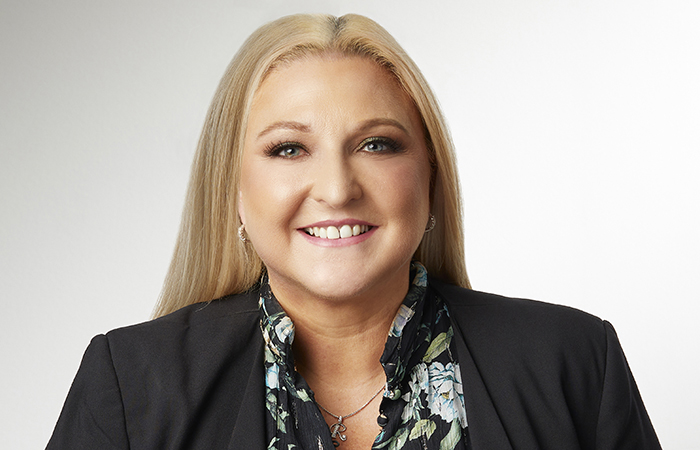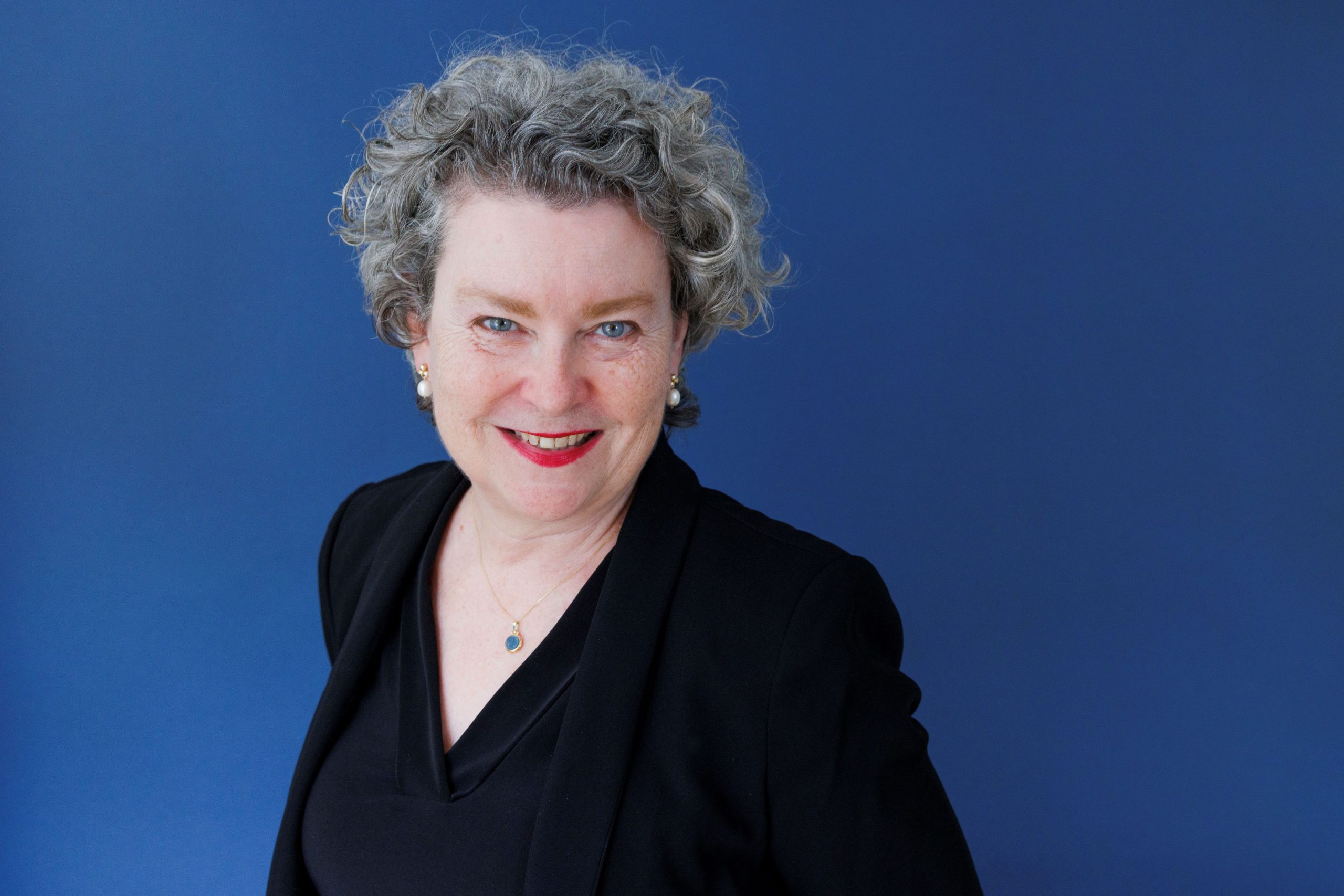Australia has long been a popular destination for investment among Asian communities, and the past century has witnessed significant growth through the migration of Asian populations to Australia. Singaporeans are amongst those communities drawn to investment opportunities in Australia for many reasons, including but not limited to the benefit derived from its geographical proximity and historical ties with Australia, which have contributed to the close relationship fostered between the two countries.
In investment and financial planning, trusts are often considered one of the most effective tools for achieving tax and succession planning goals.
To help our readers better understand how trusts are used in wealth structuring and planning, we are pleased to introduce Rachael Grabovic, who shares her insights into trusts and estate planning matters in Australia. Rachael is the Partner of the Wills, Trust and Estates team at Rigby Cooke Lawyers, recognised as one of the leading estate and trust lawyers in Australia (Doyle’s Guide 2010 – 2024) (Best Lawyers Australia 2023 and 2024).

Rigby Cooke Lawyers is a full-service commercial law firm with the expertise to assist clients at all stages of their wealth creation, from the establishment of structures and entities tailored to client’s needs, through to compliance and administration or the merging or winding up of entities. They can also assist when disputes arise and become litigious.
Rachael has provided a response to some of the more frequently asked questions that clients have raised about trusts and estate planning.
Estate Planning Trends – How have you seen estate planning evolve over recent years?
Estate planning trends reflect the complexities of modern-day society. Over the past 10 – 15 years, we have seen an increase in the use of specific testamentary trusts created in Wills. This change in Will drafting reflects the complex family circumstances prevalent today, where testators wish to make proper provision for their blended families, or to protect family members with drug or substance addictions, or family members with mental health conditions, or family members with disabilities who may be unable to support themselves in the future. These are some of the more common examples of complex scenarios that can arise requiring a more dynamic approach to estate planning. Parents wanting to protect their children, ensuring they have safeguarded provision for their children to fall back on in times of difficulty. Understandably, not all family dynamics and concerns are the same, and as time goes by, we see more and more unique circumstances requiring careful consideration of their estate planning needs. As a consequence, there is no “one-fits-all” trust structure that suits every situation. It is important to put the right trust structure in place to address specific needs and circumstances of the testator and their beneficiaries.
It is also not uncommon these days to see parents gifting or lending money to their children to purchase a first home. Although clients may want to help their children, they also want to preserve their wealth and not see it lost to bankruptcy and mismanagement or compromised in a family law property settlement. There are a range of legal options available to assist in protecting family wealth for current and future generations which may include the preparation of loan agreements between parents and children, or the development of trust and other structures, amongst other things. These planning tools assist in the preservation of wealth whilst still assisting the next generation to build and grow their own wealth portfolio.
What is a trust?
A trust is a legal arrangement or relationship between a trustee and beneficiaries. Unlike a company, a trust does not have a separate legal identity. The Trustee of a trust provides the trust with legal standing.
A Trust is in most cases created by a trust deed. A trust deed is a legal document that appoints the trustee and nominates the beneficiaries, it also outlines the purpose, terms and conditions of the trust, including the rights, responsibilities and duties of the parties and the duration of the trust. It governs the way in which the trust operates.
For a trust to exist it must include the following:
- Settlor: the person who establishes the trust and gifts the initial assets to be held on trust by the trustee (the corpus). The settlor gives up his/her legal ownership to those assets.
- Trustee: also known as the legal owner of the trust assets, the trustee holds these assets for the benefit of the beneficiaries.
- Beneficiaries: also known as the equitable or beneficial owners of the trust assets, beneficiaries are named in the trust instrument and either have a fixed entitlement or a discretionary interest in the trust fund.
- Trust Fund: includes the corpus the initial assets of the trust and any assets gifted or loaned during the term of the trust.
Although not essential an Appointor is another key position often found in trusts. The Appointor has the power to appoint and remove the trustees. Effectively, the Appointor has authority over the trust to ensure the trustees are acting in the best interests of the beneficiaries.
Trusts are often created and used for the purposes of:
- Asset protection;
- Wealth transfer between generations;
- As a means of protecting vulnerable family members;
- Succession planning; and
- Tax optimisation.
Who can be a trustee, and how do you choose them?
In Australia both individuals and corporations can be trustees.
For Australian trusts, individual trustees must be over 18 years old and of sound mind. Non-Australian tax residents can also be trustees, however, to ensure the trust remains an Australian entity, it is not recommended.
Corporates can also serve as trustees, and foreign tax residents can act as directors of a corporate trustee, however there must be at least one Australian director.
If a non-resident wishes to establish a trust in Australia and wants to retain an element of control over the assets held in the trust, they may consider establishing a company and serving as a director. As mentioned, at least one Australian resident director is required. There are companies in Australia who provide this service and act as corporate trustees, however the client’s Australian lawyers or accountants may also be willing to act as the local director.
For foreign investors, we recommend using corporate trustees for several reasons:
- It allows clients to have greater involvement in trust management;
- Corporations, unlike individual trustees, can theoretically last in perpetuity, as they are not subject to personal issues such as death, illness or retirement that could affect an individual trustee, ensuring that the trust is administered continuously and dependably;
- Provides for simplified succession planning and minimises the costs of administering a trust. This is because a change in directors does not trigger a change in ownership, whereas a change in individual trustees will require the transfer of assets. This can be a costly exercise depending on the type of assets held.
Trustees are bound by many fiduciary duties, some of which include, to act in good faith and in the best interests of the beneficiaries, to avoid personal conflicts, to act with the care, skill and diligence that a prudent person would in managing their own affairs, to follow the terms of the trust deed and to preserve and protect the trust property.
What are the differences between a Will and a trust?
A Will and a Trust are both deeds.
A Will is a legal document which deals with a person’s estate on death, whereas a trust can be established during one’s lifetime. Trusts can also be established via a person’s Will, known as testamentary trusts.
Wills and testamentary trusts are used in estate planning.
A Will is a legal document that specifies how a deceased person’s estate is to be distributed upon their passing. The testator will appoint executors and trustees of their Will and estate. The executor’s role is to obtain a grant of probate of the Will (if required), collect or call in the estate assets, repay the estate debts and administer and distribute the estate pursuant to the terms of the Will.
A testamentary trust is a trust created by the terms of a Will. If a Wills establishes a testamentary trust, the executors are required to distribute the estate assets to the trustees of the testamentary trust rather than directly to the beneficiaries. After the assets are transferred to the testamentary trust, the executor’s role in managing those assets ends, and the trustee takes over the responsibility of managing the testamentary trust according to the terms outlined in the Will.
What are the differences between a testamentary trust and an inter vivos trust?
The Latin term inter vivos means “during lifetime”. An inter vivos trust is established while the settlor is still alive, whereas a testamentary trust is created after the testator’s death through a valid Will.
How quickly can a trust be established?
The time required to set up a trust depends on its complexity and the type of trust being created. With proper planning, trusts can be established within a few days. Once the trust deeds are prepared by lawyers and executed by the settlor and trustees, the trust is created. However, in most states in Australia, the trust deed requires stamping with the relevant state bodies/authorities, such as the State Revenue Office in Victoria, before the trust can be used.
In Victoria any applicable duty must be paid within 30 days of the date of execution.
How your firm can help with trusts, illustrated through a case study?
Our firm has the requisite knowledge and skills to assist all types of clients with their wealth structuring needs. For example we received instructions from a client instructed that they wanted to ensure their estate could not be challenged on their death with certain assets to pass to only one of their children to the exclusion of their other children.
In the specific scenario, we advised the client that the only way to protect their assets from a challenge on his death, was to create an inter vivos trust and transfer the bulk of his wealth during his lifetime into the trust, transferring the control of the trust to the child he wanted to benefit. There can be adverse taxation consequences when transferring assets such as real property to a trust, for example, it may trigger capital gains tax and could have stamp duty implications. Fortunately for this client, he had recently sold a business and his wealth was in cash.
We were able to effectively transfer most of his wealth from being held by him personally, to being held in a discretionary trust. When he dies, the estranged child he no longer has a relationship with, will not be able to attack the trust, because they are not named as beneficiaries of the trust. The terms of the trust were tailored specifically to exclude the children as beneficiaries to achieve the client’s ultimate estate planning objective.
Want to know more about trust and estate planning?
If you’re interested in exploring more about trust and estate planning, simply click the button below, and an expert will be in touch with you.



